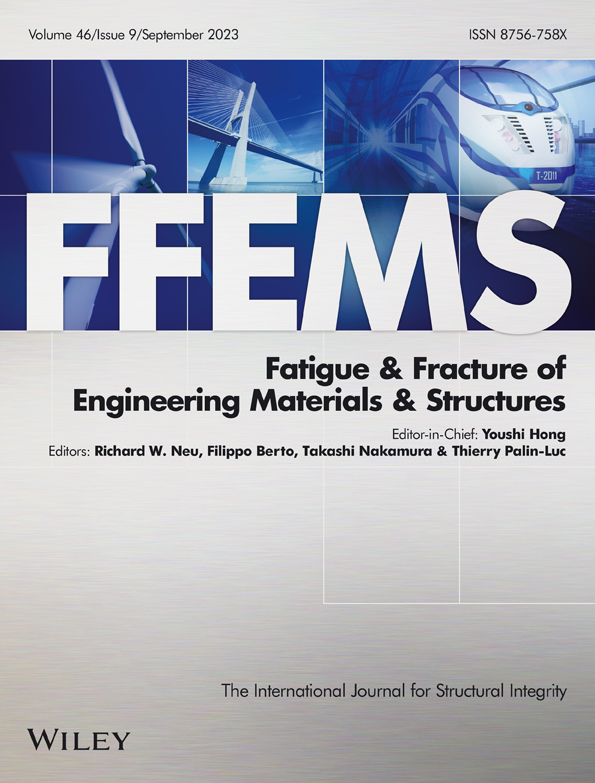Reliability prediction of high-cycle fatigue behavior of parts treated by laser shock peening
Abstract
The purpose of this paper is to develop a global approach to predict the reliability of the high-cycle fatigue behavior of mechanical components treated by laser shock peening (LSP). Most works that exist in the literature have introduced experimental and numerical studies. The originality of our investigation is to predict and validate the reliability of high-cycle fatigue of the workpieces treated by LSP treatment by using the modified Crossland criterion. Based on previous works made by our team that shows the finite element simulation of the LSP process, this approach will be based on the integration of probabilistic fatigue criteria adapted to the superficially treated parts using ABAQUS software. After the validation of this approach, it will allow design engineers to optimize the operating conditions of the LSP process.
Highlights
- The studied specimens are treated by LSP process.
- The reliability of fatigue behavior based on the Crossland diagram is predicted.
- The reliability is determined by the “Constraint-Resistance” approach using Monte Carlo.
- The iso-probabilistic curves of fatigue reliability for various conditions are showed.
Open Research
DATA AVAILABILITY STATEMENT
The data that support the findings of this study are available on request from the corresponding author. The data are not publicly available due to privacy or ethical restrictions.




